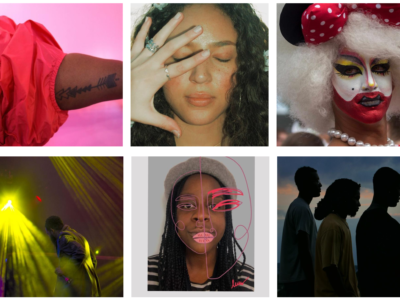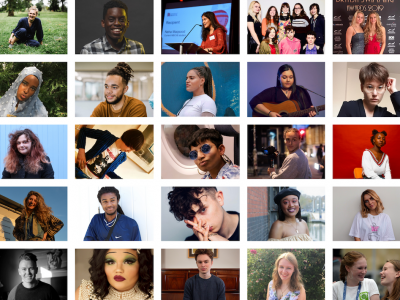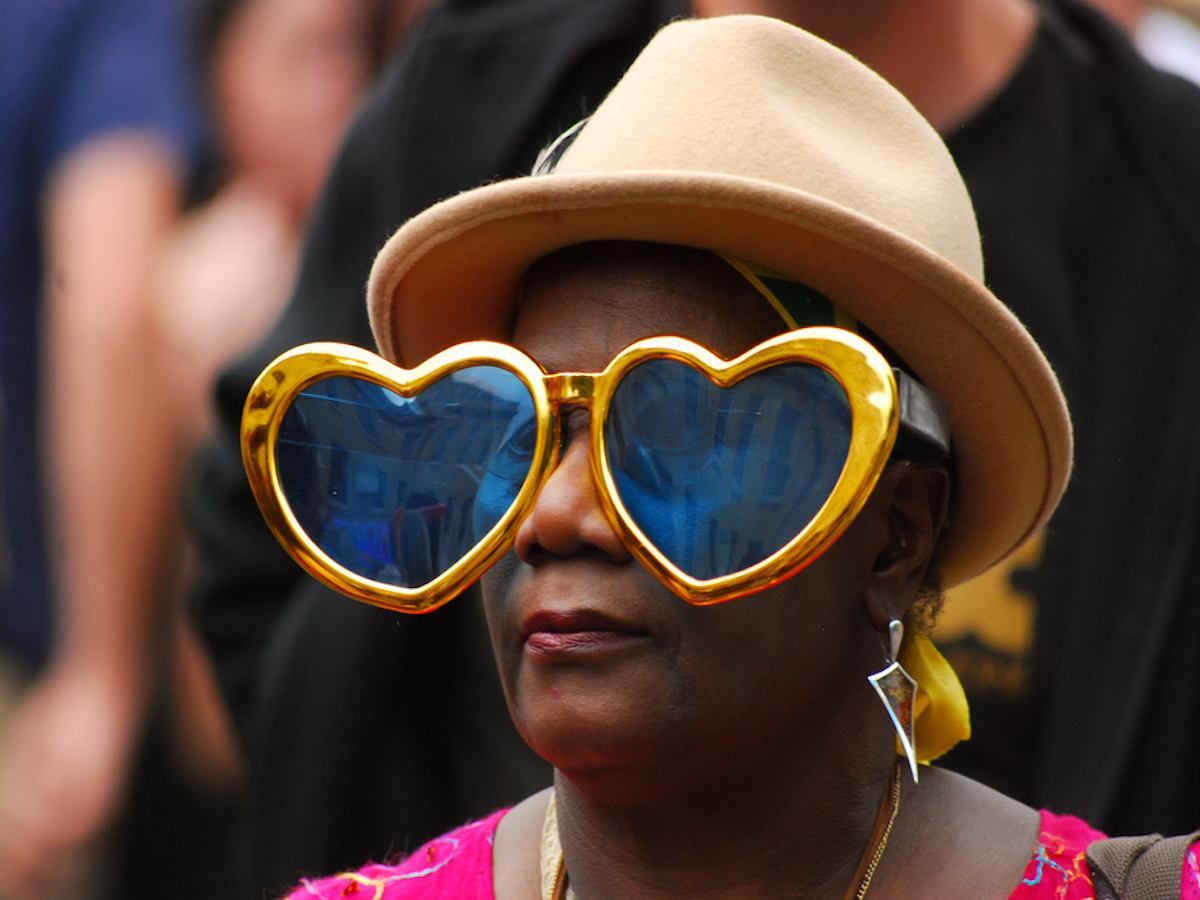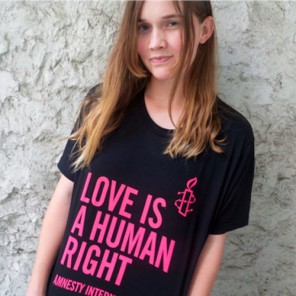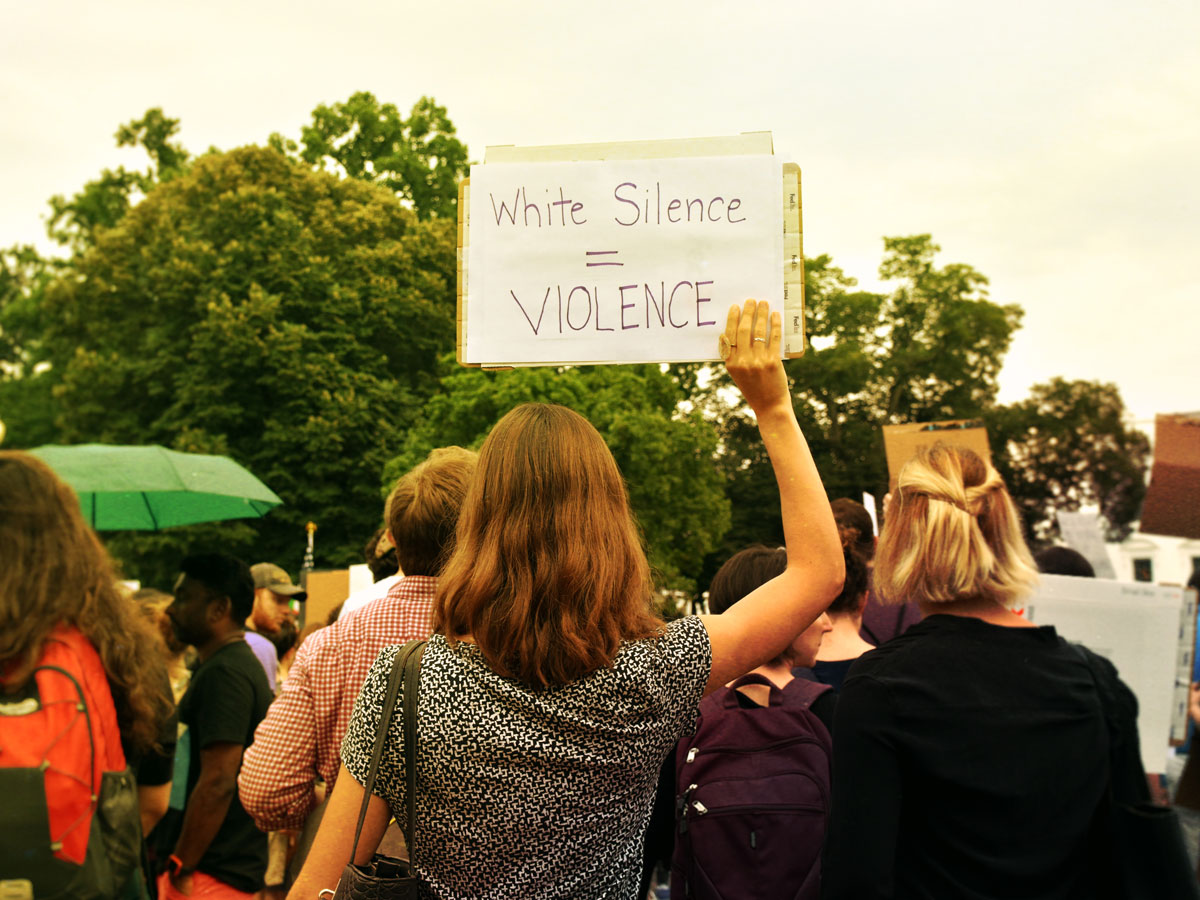Introducing Bristol Free Voice: A New Grassroots Journalism Project
Josie meets three volunteers from the new community journalism project for refugees and asylum seeking communities in Bristol.
Bristol Free Voice is a brand new grassroots community journalism project. It acts as a platform for people from refugee and asylum seeking communities to own and create their media. The most important and exciting media initiative in the city, Bristol Free Voice is not only a sorely needed new form of community journalism, but an empowering space for refugees and asylum seekers to speak, to create, and above all, to be listened to.
The Cable spoke with three of the project’s many facilitators: Jasmine, Fatima and Georgia, as well as Esam, one of its principal founders. They made it clear that although they were giving the interview they must not be the main focus. The real essence of Bristol Free Voice is the voices of the people who speak through it.
Esam, why did you want to start Bristol Free Voice?
Esam: I found that the media in this country is showing a lot of ugliness of asylum seekers and refugees, which is not true. They affect our situation – we’ve become like a scapegoat. They say that migrants or asylum seekers come here to steal our houses, our jobs, our education, whatever. Some of my friends unfortunately have been harmed. They’ve been attacked, you know, by racist people. My friend from my country, he was killed. And other people from different communities, they’ve been killed because they were asylum seekers, or they were refugees. I found a real lack of information in the newspapers, the local newspapers and other media. For those reasons I talked with my friends and different communities about this issue, and I thought it should have its own group – our project – to deliver true stories from asylum seekers and refugees. So that people understand how much people have been affected, and how their lives have become difficult, many people are living in limbo, even homeless. These things pushed me to ask some of my friends to come together, and after a lot of discussion now BFV is a media project and we’re slowly growing. BFV is a media platform and our aim is to deliver true stories.
What kinds of issues do you hope to address with Bristol Free Voice?
Fatima: And it’s not a case of ‘this is what BFV want to get from people’ – it’s more the other way around. So what do people want to share what do people want to talk about, and the powers within the people we want to record. So the issues can range from anything as political as, you know, as the housing issues, and concerns people have about the asylum seeking process – or – it can be something as light hearted as talking about their hobby of cooking, it can literally be anything. I think that’s the unique thing about BFV: there isn’t a particular area that we want to focus on, it’s more that, this is a space where you can talk about whatever you want to talk about.
Georgia: Part of it came out of the issue of the negative treatment of refugees and asylum seekers in the mainstream media – that was kind of the starting point.
E: These things pushed people. They want to have a truthful place to say ‘this is a human being’. People are really interested in sharing their life stories, stories of their journeys, whatever is happening to them here in Bristol. People like to talk about their own life experiences in the UK, their journey and why they decided to leave their country or family. We want everybody to feel safe with us. We want to be respectful and not attack anyone. We want to deliver those true stories to people when they listen, to find out – what is the reality?
Is there anything that stands out for you guys from your experience of being involved with the project?
G: For me, some of the stories that stood out the most were the ones that were most simple, talking about simple objects and senses that reminded them of home and what they were looking for in finding home and yeah they’re really powerful. You should listen to the one with the rose.
F: Yeah it shows how home can literally be anywhere. So whenever you look at a rose, or think of yoga you’ll be like ‘Oh that reminds somebody of their home back in Kurdistan’.
Jasmine: It reminds her of the feeling of being at home, which I guess we all take for granted so much because actually that feeling of being at home is sometimes few and far between.
How did BFV decide to begin by focusing on audio and radio?
F: After having our first workshop one of the main things to come out of it were questions of privacy and anonymity. One of the things about the asylum seeking and refugee communities is that because they’re so misrepresented in the media there’s a lot of mistrust, fear and misconceptions about the role of media. People have had bad experiences. And we wanted to focus on, what form of media can ensure that anonymity? And we thought that recording was the best way to do that – to focus on the voice itself by using audio and radio to begin with. It made me realise that there are so many things we take for granted. Putting your voice out there, it’s such a privilege because for many people actually it’s the kind of thing that could work against them. Many of the people we’re speaking to are going through the asylum process, so they say if they do put themselves out there and speak out about the issues in society it might actually work against them.
J: Even being seen at a friendly protest, people are aware if their case is open and they’re seen in those situations, it could affect their case. And that’s not paranoia, it is the truth.
F: We wanted to work on trust – how can we build that trust between BFV and the people we want to talk to? The way we wanted to do that was by really emphasising yes, your anonymity and privacy are guaranteed, and secondly whatever we record, that person is in charge of it, they own it. They have complete and full oversight of what is being done with whatever they give to us. It’s theirs.
G: We got really positive responses and started recording every week at Borderlands. People were really enthusiastic to share their stories.
Could you give me an example of something you’re working on?
J: So at the moment I’m working with a person at Borderlands and we’ve been talking about doing something to do with music so, we haven’t started recording yet, but it’s like the history of Ethiopian music and the origin story of melodies in Ethiopia and then hopefully playing some music as well and kind of making it into a bit of a piece. It’s almost going to be like a podcast and radio show and that will be the first of that kind, but we will probably do more of after that. We’re trying out different things.
G: We did a lot of recordings at the Refugee Festival ‘Celebrating Sanctuary’ event as well. We went around asking the public about how the festival made people feel and why they thought it was important and we’re going to turn that into a podcast.
[rife-guide-events
E: At the moment we’re focusing on recording stories from asylum seeking people in Bristol, and had a workshop – a project called The Voice Box – and we shared that in the Refugee Festival.
What do you guys feel about the use of words like ‘refugee’, ‘asylum seeker’ and ‘migrant’ in the media?
F: There’s no difference between any of them they’re all put into one box. We’re really trying to shift the focus off that and say no, stop, don’t focus on their background or their status: focus on what they have to say. So when you listen to those recordings on The Voice Box for example, you’re not told what their name is, you’re not told where they’re from, you just listen to what they have to say. So the listeners have no other option other than to listen.
How do you feel that current media spaces in Bristol cater for people who fall under the classification of refugee or asylum seeker?
G: Bristol in general has a lot of really great grassroots organisations, like The Bristol Cable and Ujima Radio who are really interested in our project which is good.
J: Also we’ve been in conversation with a few different organisations like that and really want to collaborate.
F: If it wasn’t for those organisations and the projects that are already happening in Bristol I don’t think BFV could have even spoken to the people that we have. We realised early on actually we need to start working with organisations that already exist and have already built that relationship with the community, and the community trusts these people. Rather than building a whole new relationship with people which would take so much longer, let’s work with already existing projects and organisations and go from there.
How have you personally found being involved in the journey of Bristol Free Voice?
J: I think the amount of really inspiring people that we’ve met and talked to is so amazing, to have a project where you’re able to meet new people all the time who are just such incredible people with such skill.
F: I’ve also realised what a privilege it is to actually listen to people’s stories. Because they don’t have to share it. They don’t have to tell us what they think. They don’t have to share their experiences with us – but they want to. So I think that in itself is a privilege. Whenever I listen to someone I think, wow, this person has trusted us with their story.
J: At the moment it’s a small project, we’re hoping for it to grow but we don’t want to say ‘this is the platform’. We’re not saying ‘this is representative’ – it is just literally snippets of conversations with some really amazing people.
What do you want for BFV in the future?
E: In the future I would like BFV to have a radio station, and to have different media departments where many people could come to join and work. I hope we’ll be like a news or media agency. At the moment we are a volunteer group and everyone is really lovely and hard working. I am sure we will do more different activities around different issues. Bristol is like a bridge to my dream – in Bristol with these people we can create a lot of things to interest people and make them understand the reality. Yes. This is like a dream for the future and I hope soon it becomes true.
Is there anything you’d like to say to potential audiences?
F: To listen to people’s stories with an open mind. Just allow yourself to absorb the story that is being told to you, the experiences being shared with you, and just allow that to manifest itself within you. Let it be how it is, rather than trying to label it, rather than trying to constrain or box it into something.
E: I want to say thanks to them. I would like to ask anybody if you are interested or you feel you want to help these people who’ve fled from their countries and come here seeking safety, we would like people to listen to our stories. We like people to contact us if they’d like to join us. We welcome anybody.
G: All the stories are for everyone. All of them are done by refugees and asylum seekers and are done to be disseminated throughout Bristol, and beyond.
As well as their website, add them on Facebook and Twitter
An earlier version of this piece was originally posted on The Bristol Cable


